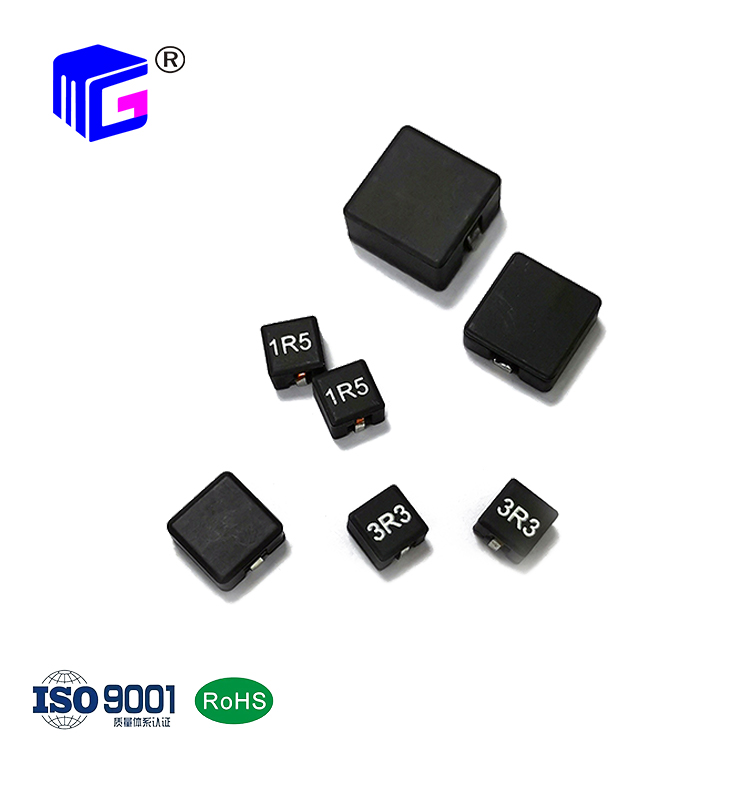A bobbin-based inductor is a type of inductor where the wire is wound around a bobbin, which is a cylindrical or spool-shaped core. This design offers several advantages, including ease of winding, better mechanical stability, and simplified assembly. Bobbin-based inductors are commonly used in various electronic applications, such as power supplies and signal processing circuits, due to their ability to maintain consistent inductance and high efficiency. The bobbin can be made from various materials, including plastic or ferrite, to enhance the inductor's performance and thermal stability. Let's delve into it with electronic component company.
1. Ferrite Core Inductors:
The coil is wound around a shaft made of ferrite material.
The custom ferrite cores are often used in EMI filters and switching power supplies, with high inductance and low loss.
.jpg)
.jpg)
.jpg)
2. Iron Core Inductors:
Iron core is used to provide a higher inductance value.
For low frequency applications such as audio equipment and power converters.

.jpg)

3. Power Inductors:
Designed to handle high currents and power.
Common in power management and DC-DC converters.
.jpg)
.jpg)
.jpg)
4. Surface Mount Inductors (SMD Inductors) :
Designed for surface mount packaging, suitable for automated production.
Used in a variety of electronic devices, including consumer electronics and communication devices.
.jpg)

.jpg)
Bobbin inductors are widely used in a variety of applications due to their reliable performance and ease of manufacturing. Common applications include:
Power Supplies: Used in switching power supplies and DC-DC converters for energy storage and filtering.
Signal Processing: Employed in RF circuits and signal filtering applications to manage frequencies and reduce noise.
Telecommunications: Utilized in communication devices for impedance matching and signal conditioning.
Automotive Electronics: Found in various automotive systems, including engine control units and infotainment systems, for noise suppression and voltage regulation.
Consumer Electronics: Incorporated into devices like TVs, radios, and computers for efficient power management and signal clarity.
Industrial Equipment: Used in machinery and control systems to ensure stable and efficient operation.
These custom inductors offer durability, consistency, and flexibility, making them suitable for both high-frequency and high-current applications.
The bobbin based inductor offers several unique advantages that make it highly desirable for a range of applications:
1.Ease of Winding: The bobbin structure simplifies the winding process, ensuring precise and consistent coil formation, which enhances the inductor's performance.
2.Mechanical Stability: The robust bobbin core inductor provides structural integrity, reducing the risk of deformation or damage during handling and operation.
3.Simplified Assembly: The design allows for easy integration into circuits and systems, reducing manufacturing complexity and time.
4.Thermal Management: Bobbins can be made from materials that improve heat dissipation, maintaining performance and longevity even under high thermal stress.
5.Customizability: The bobbin design can be easily tailored to meet specific inductance values and size requirements, offering flexibility for various applications.
6.Reduced Parasitic Effects: The structured winding helps minimize parasitic capacitance and inductance, improving efficiency and performance in high-frequency applications.
7.Cost-Effective: The straightforward manufacturing process and material options make these inductive charging components a cost-effective choice for many electronic devices.
These advantages contribute to the widespread use of bobbin-based inductors in power supplies, signal processing, telecommunications, automotive electronics, consumer electronics, and industrial equipment.